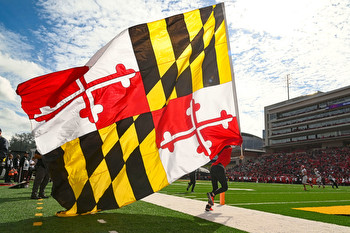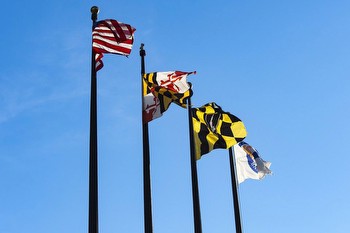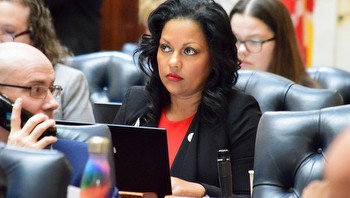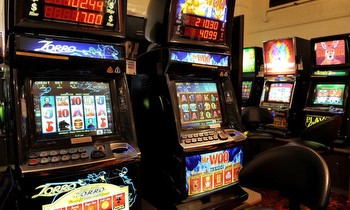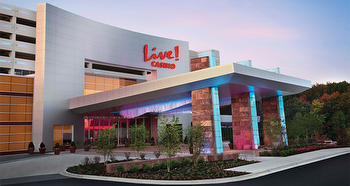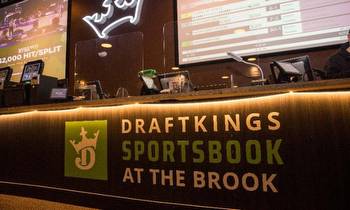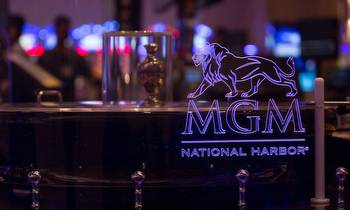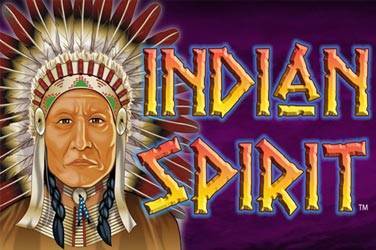Maryland Online Casino Proposal Grilled by Lawmakers

The Senate committee did not take a vote on the bill Tuesday. The proposal must advance before the state’s April 8 legislative session deadline.
Maryland lawmakers questioned an online casino gaming proposal Tuesday, underscoring political roadblocks in one of the few remaining 2024 legalization hopefuls.
Advocates argue legal iCasino will bolster state revenues designed for education funding. Like legal cannabis, bill sponsor Del. Vanessa Atterbeary said during Tuesday’s Senate Budget and Taxation Committee hearing, the legislation would tax and control a black-market industry.
“I think it is incumbent upon us to regulate, capture that market and get rid of the illegal market, “Atterbeary said. “You can put safeguards on it and protect folks that are worried about problem gaming.”
The Senate committee did not take a vote on the bill Tuesday. The proposal must advance out of committee as well as the full Senate floor before the state’s scheduled April 8 legislative session deadline.
The legislation passed the full House of Delegates 92-43 earlier this month.
The bill has faced opposition from some of the state’s brick-and-mortar casino workers who fear online U.S. casino gaming will hurt existing operators. Sen. Joanne Benson, who questioned the bill during Tuesday’s hearing, said she worried lost in-person casino visits could also hurt surrounding businesses.
Backers have cited multiple studies that have shown minimal cannibalization effects in other legal iGaming states and that online offerings can supplement in-person gaming. The current proposal also allocates $10 million specifically to support existing physical casino workers.
Other policymakers have opposed iGaming over worries it could aggravate gambling addiction problems.
Atterbeary said Tuesday that studies show only 1% rate of problem gambling, a figure lower than other recent industry surveys. Her bill would allocate a portion of funds to problem gambling support, which she said is better than the $0 currently repurposed from existing unregulated operators.
Maryland is one of a handful of states that have seriously considered iGaming legislation this year. New York, which entered 2024 as one of the likeliest legalization candidates, has seen its efforts flounder due to similar concerns as faced in Maryland.
Potential MD online casinos licenses
If passed, Maryland could have one of the nation’s largest iGaming markets.
Up to 30 licenses would be available under the current proposal. The state’s six casinos would each have access to one license and pathways for up to two more.
Caesars and BetMGM would be effectively guaranteed licenses due to their affiliations with Horseshoe Casino Baltimore and MGM National Harbor, respectively. Penn Entertainment, which operates Hollywood Casino Perryville, would also be a leading candidate to bring its Hollywood Casino digital platform. Penn is partnered with ESPN BET for its sportsbook but uses its own Hollywood brand for iGaming.
FanDuel and DraftKings are also favorites to land potential Maryland iGaming licenses. The nation’s two sports betting marketshare leaders already have Maryland sports betting affiliation deals.
The plethora of licenses, and the state’s revenue potential, could attract virtually all existing U.S. iGaming operators. Fanatics, BetRivers, betParx, and Betfred, which all operate mobile sportsbooks in the state, would all likely pursue the rights to offer more lucrative online slots and table games. Operators that previously had no presence in the state would also likely seek licensure.
Launch timeline for Maryland online casinos
If lawmakers approve, Maryland online casino players would not see legal platforms until 2025 at the earliest.
Should the bill pass the full Senate without any changes to the House version, it would then require a voter referendum on the upcoming November 2024 ballot. Though Maryland voters have supported gambling expansion measures in recent years, including sports betting in 2020, organized opposition makes passage difficult to handicap.
Assuming passage, Maryland regulators would then need to establish iGaming rules before platforms could launch. Maryland’s first online sportsbooks launched in November 2022 – more than two years after voters approved legal sports betting.
It’s too early to tell the timeline for iCasino. Major gaming operators are already live in several states and should be well positioned to meet regulatory and testing requirements in the Old Line State.
Maryland would become just the eighth state to approve online casino gaming and the fifth with a fully competitive market. Neighboring West Virginia and Pennsylvania are two of the four existing large-market operator states, along with New Jersey and Michigan. Fellow neighbor Delaware only allows one legal real money online casino operator (BetRivers).
Rhode Island (Bally’s) and Connecticut (FanDuel and DraftKings) are the only other states with legal iCasinos. Thirty-eight states as well as Washington, D.C. and Puerto Rico have at least one legal sports betting option.








